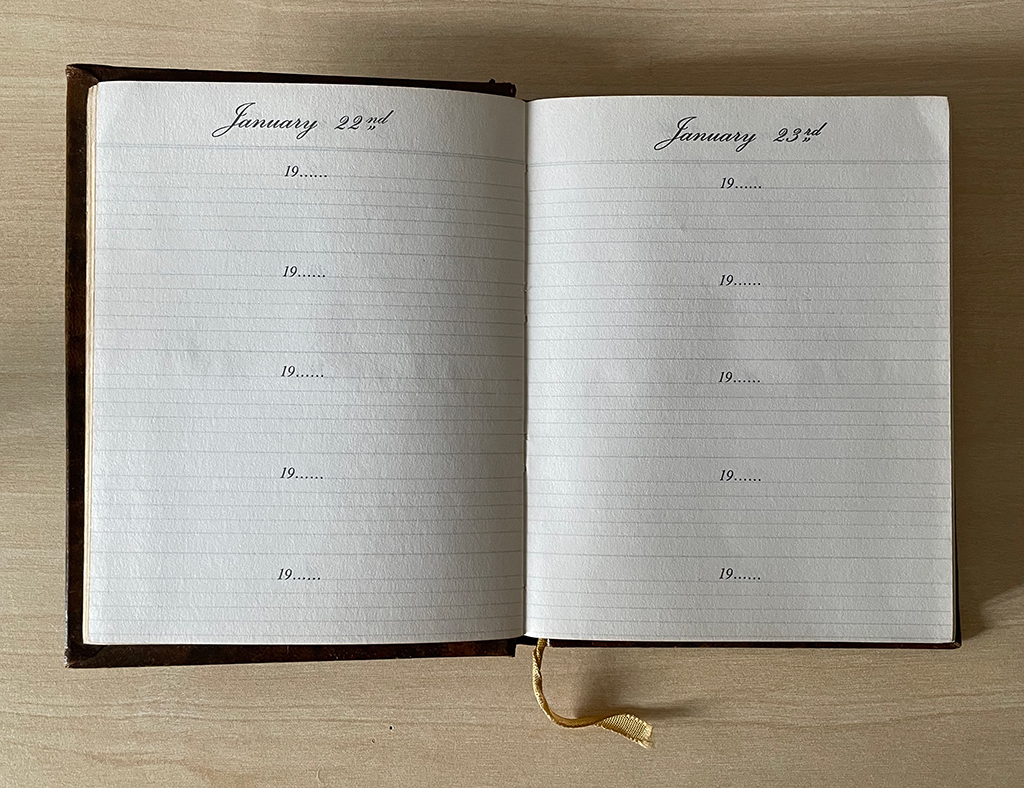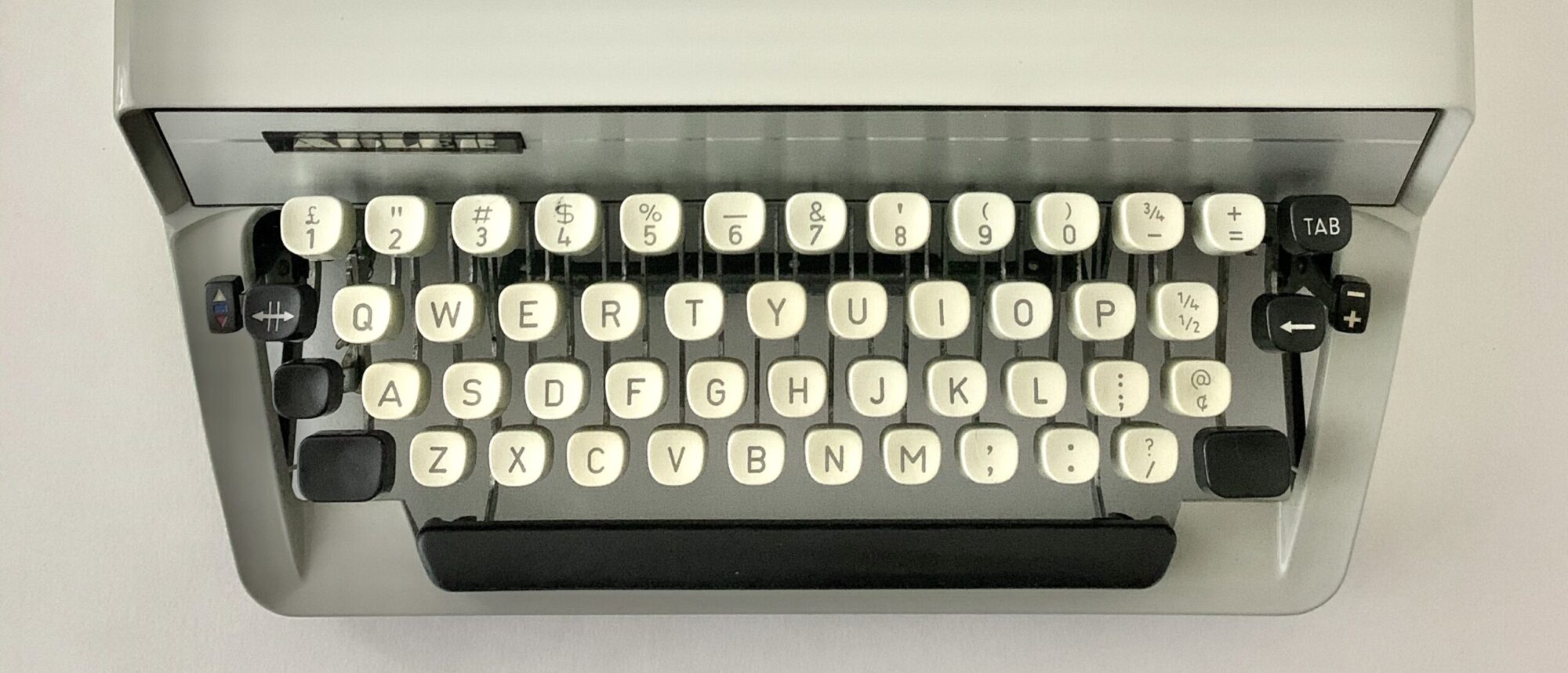I signed up for this journaling course with Derek Black offered by my friends at Make Meaningful Work. There have been some interesting discussions about journaling as a practice which I hadn’t thought of before. I didn’t realise I have been journaling for so long until I was given this assignment. We were asked to think of a time when we were either effectively or ineffectively sustaining some type of journaling and record this in the form of a story. We could then practice-spot from this story. Practice Spotting™ is an excellent observation and sense-making tool developed by Make Meaningful Work that turns implicit and explicit practices uncovered in stories into everyday practice.



Perfect journaling is not perfect: sustaining the practice of journaling
I remember in primary school we had weekly (?) composition classes (ie essay writing) which were hour-long double-periods. The teacher would give us a topic, and we’d have to write a few hundred words in Chinese during class. Most of my classmates – me included – dreaded this, especially when we had to write under time constraint. We often had ‘a day (or week) in the life’ topics where we were asked to effectively write diary entries. It was always a struggle to find something meaningful to write about, and we often ended up with mundane, trivial things. Writing was seen as a chore with the sole aim of meeting the word count, not a medium of expression and certainly not a medium for thinking things through.
My story of journaling proper began in 1992, when I moved to the UK to study. Before I left Hong Kong, my mother gave me an old-fashioned five-year diary with a faux leather cover and gold-foiled fore-edge where on each page you’re supposed to write an entry on the same day for five consecutive years. My mother said to me, ‘whenever you feel lonely, write in the diary’. Without the internet, instant messaging, or even cheap long-distance phone calls, Hong Kong and the UK were much, much further apart than they are today. It’s not difficult to imagine how overwhelmingly homesick one could be. Not having a great command of the language (I went to a small town in Northern England close to Liverpool, enough said), living with relatives that I barely knew, and just the plain culture shock left me feeling completely isolated and lonely. I wrote daily, simply because I felt lonely or sad. The daily ritual of writing a diary entry was therapeutic for me, even though I wasn’t a fluent writer and words didn’t come naturally to me. Writing made me feel better, even when I was my only reader. I sounded awkward and didn’t really have my own voice in writing. I wrote in Chinese at the time, as I was more comfortable with the language then.
As I gradually got acclimatised to the country and started to make friends, the frequency of writing dropped. It seemed that the happier I was, the less frequent the entries were. I had never set myself targets, nor forced myself to sustain journaling as a habit. In fact I dislike any kind of regimented routines, and certainly don’t try to judge whether my journaling habit is proverbially ‘successful’. It never even occurred to me until Derek gave us this assignment.
This diary-writing habit kept going on and off, and eventually it dropped off completely. Never had I considered taking notes, planning, sketching design ideas, blogging, etc. to be journaling by definition. If those things do count, then I have continuously journaled until this day. My journaling habit proper picked up again on this exact day: 7 July 2020. As of today, I have written 86 entries. That’s 0.7 entries per week on average. I picked up journaling after I started the Covid project (non)material text [this website] in March 2020, a blog that explores the art, acts and technologies of writing, editing and publishing. It also explores my love and fear of writing and getting things published. The thoughts are pretty random. Most of the 86 entries were written on the seven typewriters in my collection, and a few in longhand. Writing is now a way to reflect and to work things out, and the manual typewriter is the perfect medium. The difficulty to correct things moves the writing forward, rather than backwards to edit and censor oneself. Embracing imperfection is definitely part of the process.

Hey Keith!
Really enjoyed this entry 🙂 particularly the bit around being happier somehow translating to less journalling. I’ve kept a blogspot turned livejournal turned wordpress for 16 years semi-alive and that doesn’t count all the sketching and doodling we are wont to do!